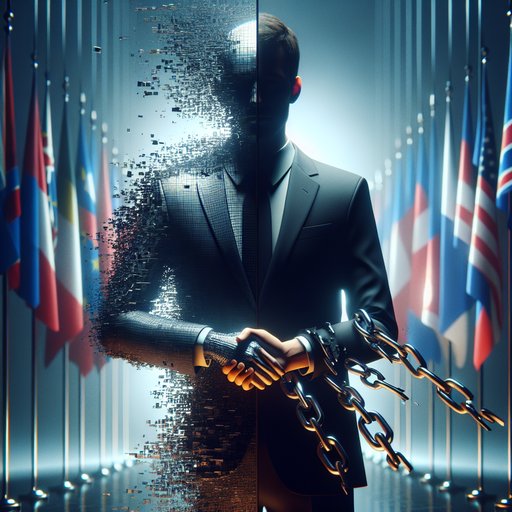
In a significant development for regional autonomy in the Middle East, Iraqi Kurdistan has resumed oil exports to Turkey, marking a potential shift in the complex relationship between the Kurdish Regional Government (KRG) and Baghdad. However, the restart comes amid continuing tensions over Kurdish autonomy and substantial financial disputes, with unpaid debts to foreign oil firms exceeding $1 billion [1].

In a significant development for regional autonomy in India, the Union Territory of Ladakh has intensified its campaign for inclusion under the Sixth Schedule of the Indian Constitution. This move aims to secure greater administrative autonomy and protection of the region's unique cultural identity, coming at a time when local leaders are increasingly vocal about preserving their distinct heritage and self-governance rights [1].

The United Nations has reimposed comprehensive sanctions on Iran, marking a significant shift in international relations and drawing sharp criticism from multiple quarters. The move, which reinstates restrictions that were previously lifted under the 2015 nuclear deal (JCPOA), comes amid mounting concerns over Iran's nuclear program and has immediately triggered responses from both Western powers and Iranian officials [1].

The retail landscape is undergoing a dramatic transformation as artificial intelligence technologies revolutionize how consumers search for and purchase products online. Major tech companies and retailers are rapidly adapting their platforms to incorporate AI-driven features, while simultaneously addressing growing concerns about delivery security and customer experience in the digital shopping age.

In what could have been one of the most surprising transfers of the summer window, German champions Bayern Munich made a serious attempt to sign Chelsea's Raheem Sterling on deadline day. The potential move, which ultimately didn't materialize, would have seen the England international join the Bundesliga giants as they sought to bolster their attacking options [1].

The technology and gaming sectors are experiencing significant workforce disruptions, marked by widespread layoffs and ongoing debates about artificial intelligence's impact on employment. While some sectors show resilience, the video game industry in particular has been hit with a wave of job cuts and project cancellations, signaling broader changes in the digital economy [1].

The cryptocurrency sector is showing strong momentum with multiple significant funding rounds, highlighted by Kraken's massive $500 million raise and Hong Kong-based RedotPay achieving unicorn status. Meanwhile, the private equity landscape continues to evolve with notable developments in real estate software and defense sectors, while edtech unicorn Vedantu secures additional funding ahead of its planned IPO.

In a significant display of solidarity, tens of thousands of demonstrators gathered in Berlin to advocate for peace and humanitarian concerns in the ongoing Israel-Hamas conflict [1]. The demonstration coincides with several global democracy movements, including dramatic protests at the UN and growing activism in South Asia, highlighting an increasing worldwide push for human rights and democratic values.

Adobe has made a significant leap forward in AI-powered image editing by incorporating Google's latest Gemini 2.5 Flash Image model into Photoshop Beta's Generative Fill feature [1]. This integration marks a major milestone in the democratization of advanced AI tools for creative professionals and enthusiasts alike, bringing state-of-the-art machine learning capabilities directly into the hands of Photoshop users.

In a significant move to challenge U.S. dominance in digital currencies, nine major European banks have announced plans to create a euro-backed stablecoin. The collaborative project, which will be managed through a Netherlands-based company, represents one of the most ambitious efforts by traditional banking institutions to enter the digital currency space [1].




























